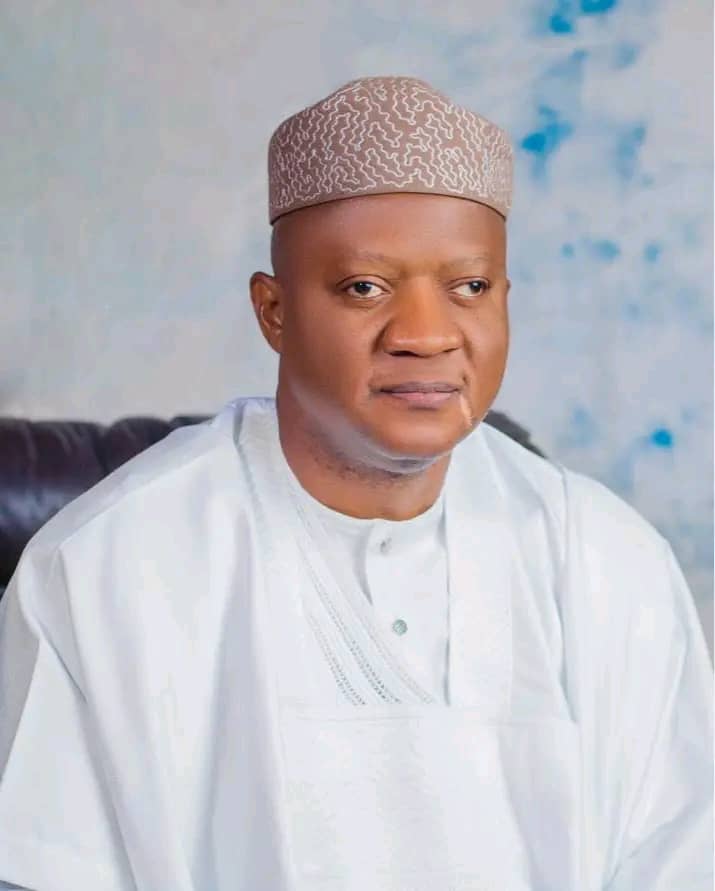Barr. Akeem Adedeji Agbaje, chieftain of the All Progressives Congress (APC) and 2027 gubernatorial aspirant in Oyo State, has reaffirmed his commitment to building an inclusive government that expands opportunities and deepens representation for women and young people in governance.
According to him, the future of Oyo State’s growth and stability depends on how effectively its women and youth are empowered to contribute to public leadership, innovation, and enterprise.
“A society that sidelines its women and youth cannot sustain progress,” it is not charity; it is the smartest investment any government can make in its own future.”
He emphasized that despite their numerical strength and vast potential, women and youth in Oyo State remain underrepresented in decision-making structures and access to economic opportunities. To him, this imbalance has slowed development, weakened public trust, and deprived the state of fresh ideas needed for modern governance.
Barr. Agbaje observed that women and young people have always been central to community development across Oyo State, from market leadership to civic engagement, yet their influence rarely translates into political participation or policy influence.
“We must move from token inclusion to genuine participation. Women and youth are not to be seen as supporters of politics but as co-drivers of progress.”
Beyond appointments, Barr Akeem Agbaje linked inclusion to economic empowerment, advocating for a robust and accessible credit scheme targeted at women and youth-led small and medium enterprises. He also proposed the creation of Innovation and Vocational Clusters across the zones to support skill acquisition, local manufacturing, and digital entrepreneurship.
He argued that real inclusion must go beyond representation to access of credit, technology, education, and markets. “When women and young people are empowered economically, the entire society rises with them.”
The legal luminary and industrialist, further noted that inclusion in governance must also mean inclusion in voice. He proposed that each local government should have an active Youth and Women’s Desk, empowered to engage citizens and contribute to policy formulation. Civic education, youth parliament initiatives, and leadership fellowships, he added, would ensure that inclusion is sustained across generations.
For him, women and youth inclusion is not just a political statement but a strategic vision for sustainable growth. He maintained that the creativity, energy, and resilience of the younger generation, when combined with the experience and intuition of women, form the backbone of any successful society.
“The future of Oyo State cannot be built by a few, but by all. When our daughters lead in politics, our sons innovate in enterprise, and our mothers shape policy, then we will have built a society that works for everyone.”
“Women and youth do not seek pity; they seek platforms. And by grace of the Almighty, we will open those platforms. Because when we empower them, we empower the future of Oyo State.”

